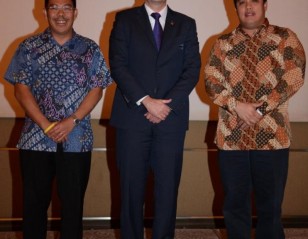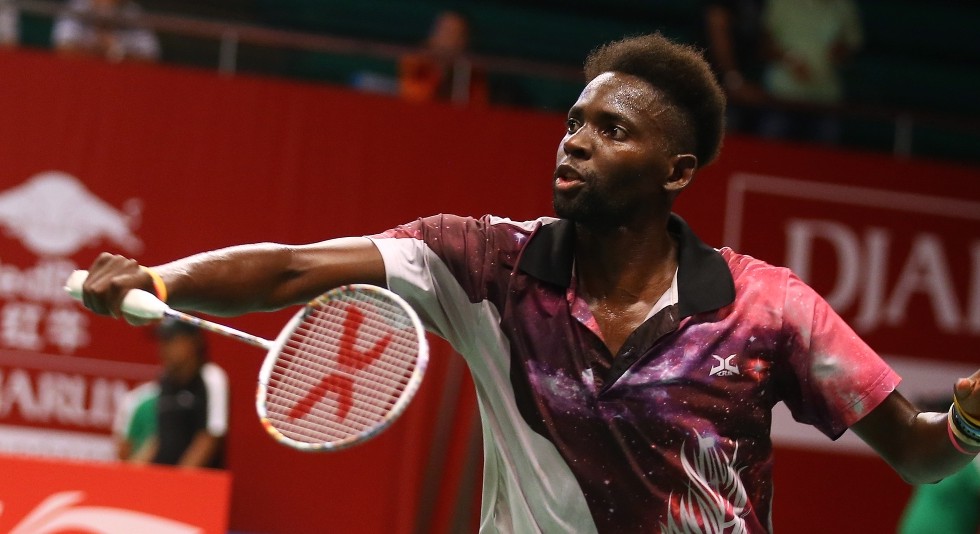
Survivor Ekiring Has Ambitions for Africa
Edwin Ekiring saw his campaign at the TOTAL BWF World Championships end in 39 minutes, but for someone who has come through great adversity – he lost his mother as a child and had a serious accident in 2009 that put him out of action for a year – it wasn’t cause for much disappointment.
Uganda’s Ekiring gave some jitters to No.11 seed HS Prannoy before the Indian recovered in time to ensure his third round Men’s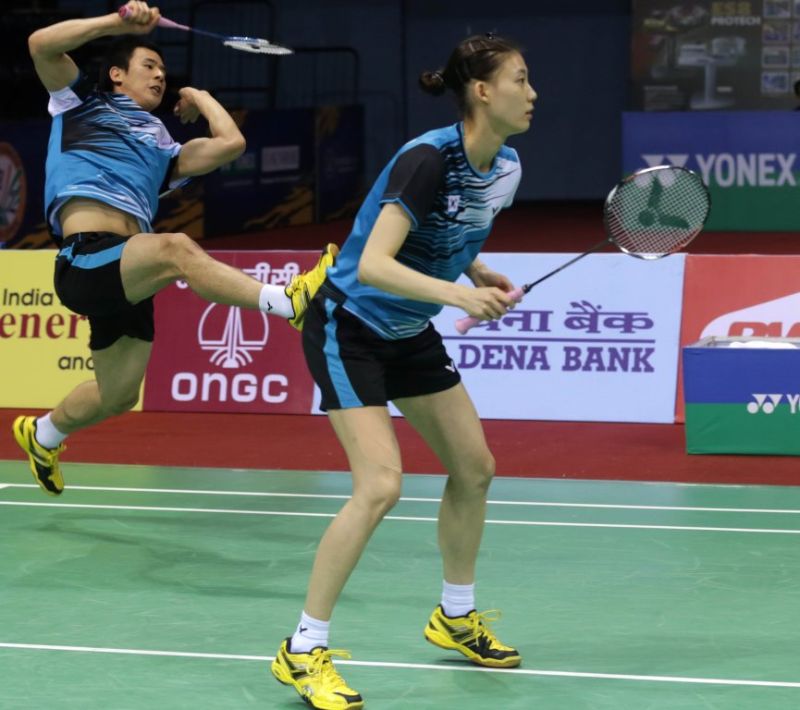 Singles place. Ekiring was gracious in defeat.
Singles place. Ekiring was gracious in defeat.
“I had my chances, but didn’t take them. He’s more experienced than me. I was under pressure and he was pushing me.”
Asked what hopes he held for badminton in African countries, Ekiring mused aloud on the future possibility of an African World champion. As the continent’s most prominent Men’s Singles representative, Ekiring is breaking some stereotypes.
“People should know that Africans can play badminton,” he said.
“I know I cannot be a World champion – but maybe someone from Africa can… I’m thinking about it, because you need money to develop the sport. You need to be patient. India now have a lot of good players, five or 10 in the top 100, that’s an achievement. That’s what I’d like to do in Africa.”
Ekiring has seen adversity since he was a child. He lost his mother when he was 10 – she was killed in an accident – and was raised by his grandmother, who sent him to the US to live with an aunt. His skill at badminton would help him earn a place in the BWF Training Centre in Saarbrucken, Germany, after which he applied to university in the Netherlands, where he now lives with his foster family. He trains with the Dutch national team during the day and attends university in the evenings.
The accident in 2009 happened when he was on a cycle. A car sped past a red light and knocked him down. He was left with multiple injuries – broken arms, fractured shin, bruised ribs and ruptured ligaments. He was in hospital for four days and spent all of 2010 in rehab. Getting back on his feet – not to speak of badminton – was obviously a difficult task.
“Everybody told me I cannot play badminton any longer. But when you have good people around you who always give you support, always motivating you, who are always positive, you can come back. You need nice people around you who believe in you.
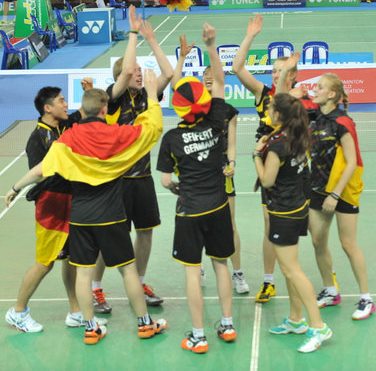 “It was difficult to come back. Mentally, you might think you are a little good at the game, but physically you have to start from zero. I had to learn to walk. I needed crutches and knee braces. It was not easy. For me it’s an achievement to be able to play. I feel proud to play again at this level and enjoy myself.”
“It was difficult to come back. Mentally, you might think you are a little good at the game, but physically you have to start from zero. I had to learn to walk. I needed crutches and knee braces. It was not easy. For me it’s an achievement to be able to play. I feel proud to play again at this level and enjoy myself.”
Ekiring is aiming to qualify for his second Olympic Games. Another ambition is to get back into the top 100. The winner of the Zambia International and Nigeria International last year reflects on how badminton had helped him in his journey so far:
“Badminton taught me to be a better person, in the way you talk to people, the way you can get over depression. I learnt a lot of things: to be patient, to be nice to everybody, and not to be depressed. Because depression kills.”
World Championships News
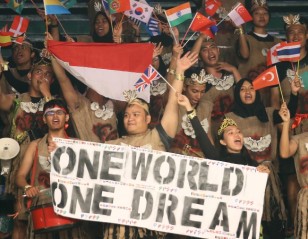
Past Stars Recall Istora Heroics 28 August 2015
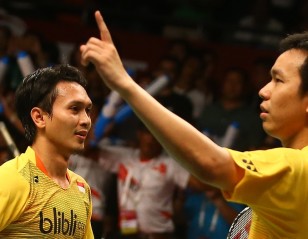
Epic Duels, Gritty Champions –TOTAL BWF World Championships 2015 Review 26 August 2015
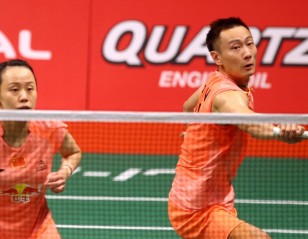
Yun-ique Zhao Double-Doubles! – Finals: TOTAL BWF World Championships 2015 16 August 2015
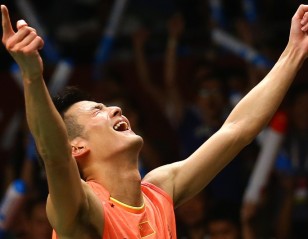
Chen, Marin Retain Singles Crowns – Finals: TOTAL BWF World Championships 2015 16 August 2015
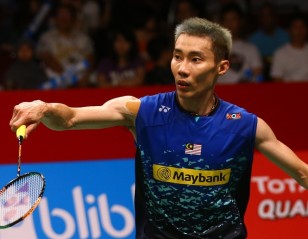
Lee Too Good for Jorgensen – Semi-finals: TOTAL BWF World Championships 2015 15 August 2015
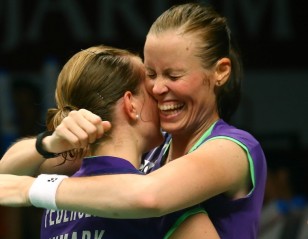
Chen, Marin in Title Round – Semi-finals: TOTAL BWF World Championships 2015 15 August 2015
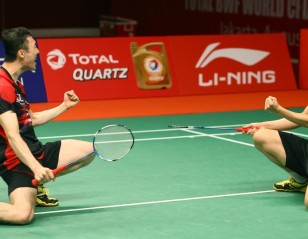
Nehwal Prevails in Epic – Quarter-finals: TOTAL BWF World Championships 2015 14 August 2015
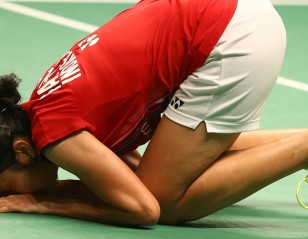
Fanetri Does a Houdini – Quarter-finals: TOTAL BWF World Championships 2015 14 August 2015
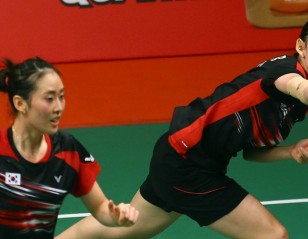
Shock for Chinese Pairs – Day 4: TOTAL BWF World Championships 2015 13 August 2015
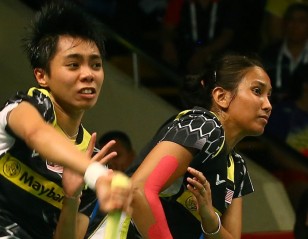
Li Xuerui Bites the Dust – Day 4: TOTAL BWF World Championships... 13 August 2015
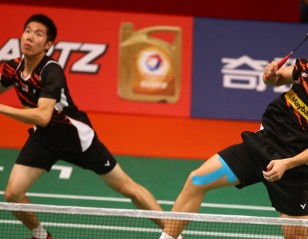
Defending Champs Shin/Ko Crash Out – Day 3: TOTAL BWF World Championships... 12 August 2015
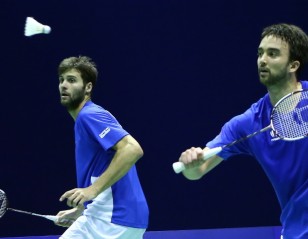
Underdogs Make an Impression – Day 3: TOTAL BWF World Championships 2015 12 August 2015
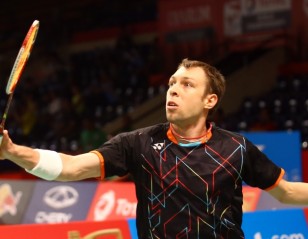
Statement Regarding Misha Zilberman 11 August 2015
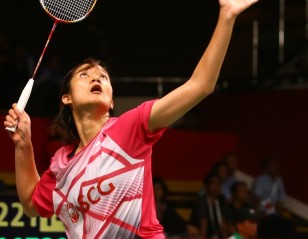
Buranaprasertsuk Springs a Surprise – Day 2: TOTAL BWF World Championships 2015 11 August 2015
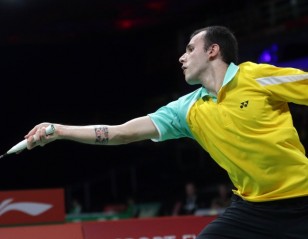
Dream Day for Paiola; Tago Out – Day 2: TOTAL BWF World... 11 August 2015
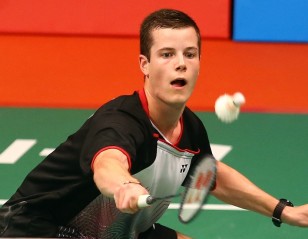
Must, Giuffre Fight into Second Round – Day 1: TOTAL BWF World... 10 August 2015
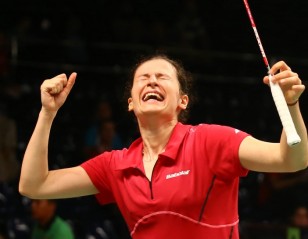
Emotional Win for Zetchiri – Day 1: TOTAL BWF World Championships 2015 10 August 2015
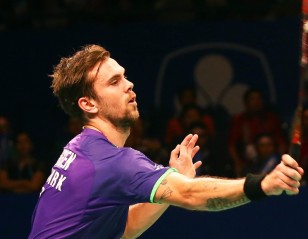
Men’s Singles Preview – Total BWF World Championships 2015 9 August 2015
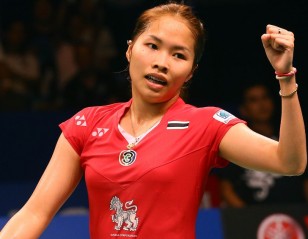
Women’s Singles Preview – Total BWF World Championships 2015 9 August 2015
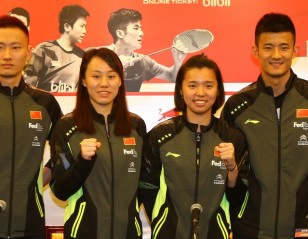
Lull Before the Storm – Total BWF World Championships 2015 9 August 2015

Carolina Marin Wins Fans’ Vote 9 August 2015
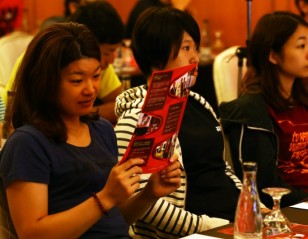
BWF Conducts Players’ Media Education Programme 8 August 2015
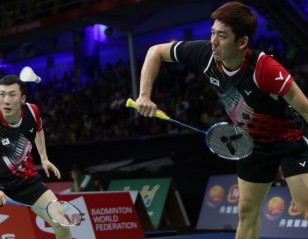
Men’s Doubles Preview – Total BWF World Championships 2015 7 August 2015
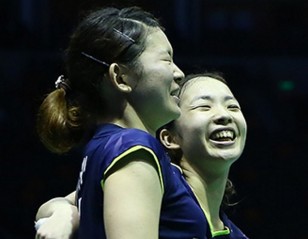
Women’s Doubles Preview – Total BWF World Championships 2015 6 August 2015
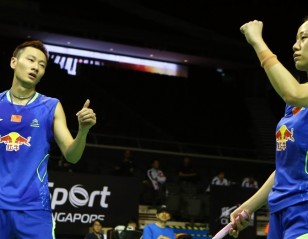
Mixed Doubles Preview – Total BWF World Championships 2015 5 August 2015
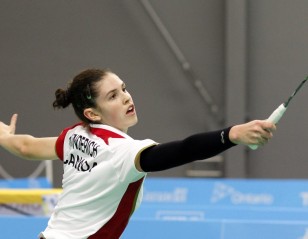
Youth Battles Experience in Openers – Total BWF World Championships 2015 3 August 2015
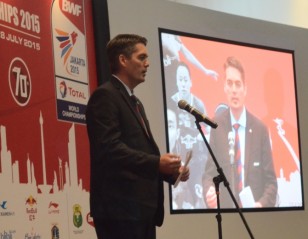
Chen, Lee in Separate Halves – Total BWF World Championships 2015 28 July 2015
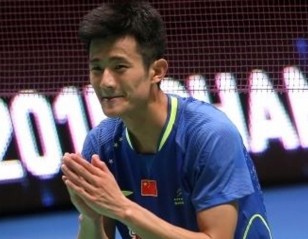
Chen, Marin Top Seeds – Total BWF World Championships 2015 28 July 2015

How the Defending Champions Have Fared 15 July 2015
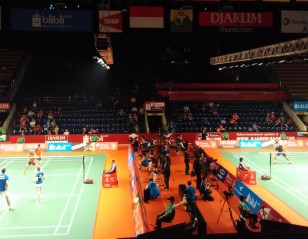
26 Years On … Classic in the Making 15 July 2015
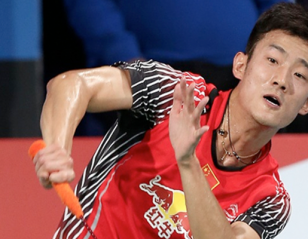
‘Singling’ out the Best: TOTAL BWF World Championships 2015 15 July 2015
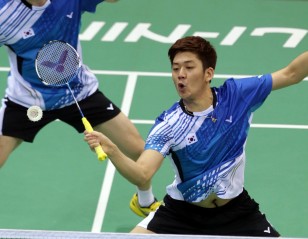
Year of the Be-‘Lee’-Ver?: TOTAL BWF World Championships 2015 15 July 2015
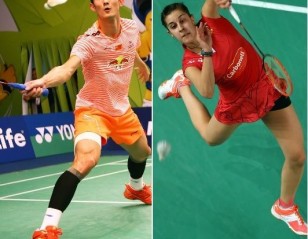
‘Singling’ out the Best: TOTAL BWF World Championships 2015 17 June 2015
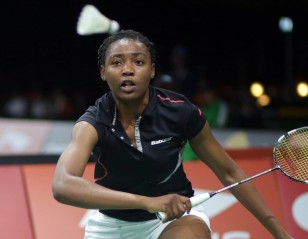
‘Development’ Players in Phase 1 List 6 May 2015
